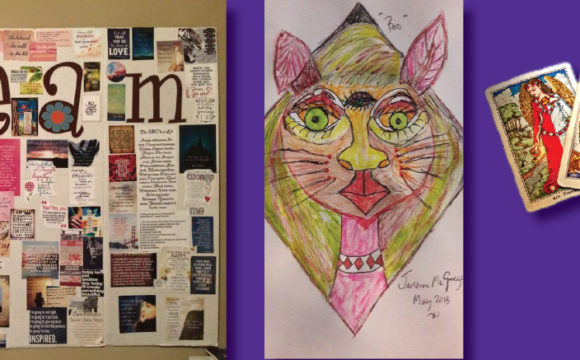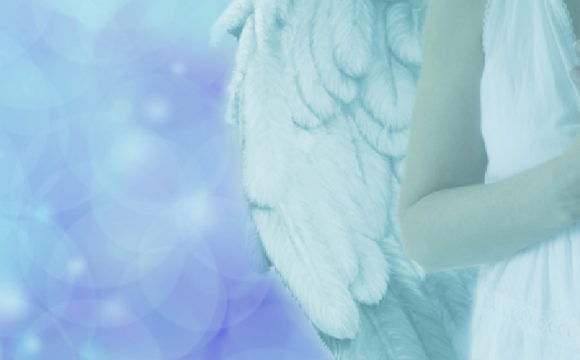As the year draws to a close, there is a distinct difference in the energy around us. There is no doubt that 2021 has proved to be more challenging than 2020. Last year, there was an air of acceptance and resignation that somehow automatically made people more compassionate, more understanding and more tolerant. This year, not so much. Whilst I am still of the firm belief that there has been much upliftment taking place throughout the human race, starting in February 2020, I am beginning to see the edges unraveling. Through all the challenges that we have faced collectively, not the least of which has been our sense of security, the rough edges are definitely starting to show.
Those of you who know me, know by now, that I don’t ever dwell on negative energies. I never see the world as a bad place and through all the challenges that we are faced with, I remain of the firm belief that there is always a silver lining and it’s not really that hard to find. What we need to become conscious of is the fact that language is so very powerful and how we use our language can and does have a massive impact on our lives and how we view the world. We can end the day and say I had such a horrible day, or we can say, today wasn’t that bad – from the very same experience – but with such difference in weight. We need to become conscious of the fact that what we say to ourselves becomes what we believe, whether it is in fact true or not. There is a sub-field of philosophy known as “Epistemology” from Ancient Greek ‘knowledge’, and it is the branch of philosophy concerned with knowledge. Epistemologists study the nature, origin, and scope of knowledge, epistemic justification, the rationality of belief, and various related issues. Epistemology is considered a major subfield of philosophy, along with other major subfields such as ethics, logic, and metaphysics.
Debates in epistemology are generally clustered around four core areas:
-
- The philosophical analysisof the nature of knowledge and the conditions required for a belief to constitute knowledge, such as truth and justification
- Potential sources of knowledge and justified belief, such as perception, reason, memory, and testimony
- The structure of a body of knowledge or justified belief, including whether all justified beliefs must be derived from justified foundational beliefsor whether justification requires only a coherent set of beliefs
- Philosophical skepticism, which questions the possibility of knowledge, and related problems, such as whether skepticism poses a threat to our ordinary knowledge claims and whether it is possible to refute skeptical arguments
In these debates and others, epistemology aims to answer questions such as “What do we know?”, “What does it mean to say that we know something?”, “What makes justified beliefs justified?”, and “How do we know that we know?”
I find this so fascinating as it encourages us to question ourselves in terms of what we know, what we believe and how we justify what we think we know and what we believe. And I feel like it’s a way of encouraging us to always be skeptical of ourselves. Most of us will know of Occam’s Razor, also known as the principle of ‘parsimony’, and broken down to simple terms, basically means that ‘the most simple explanation, is usually the best one’.
Whilst it may feel like I’m going a little off topic here, the point I’m trying to make is that we can sometimes drive ourselves crazy when it feels like we ‘know’ something that other people don’t or we have insight into something that others just don’t get. And when this happens, we should essentially be questioning our language, what it is that we have said to ourselves and is it in fact the most simple explanation. Have we genuinely done research into a particular topic that we feel strongly about, or does the sense of strong connection come from somewhere else and where is that?
Without this newsletter becoming too much of a lecture, I would like to end off saying, I hope that I have encouraged you to always question everything, even yourself. I would like to encourage you to take particular way of how you describe your world knowing that how you describe it is how you will perceive it and in many instances, we are just our own worst enemies. Keep your eyes looking up and looking forward and know that with ever step you take, you are invoking the profound power of the creative energy of the Great I Am.
My wish for you today is that you go forward into the end of this year, feeling your connection to the universal consciousness and know that that connection is what will sustain you through everything that you choose to do. Go well my friends, until next time.
Glynis








